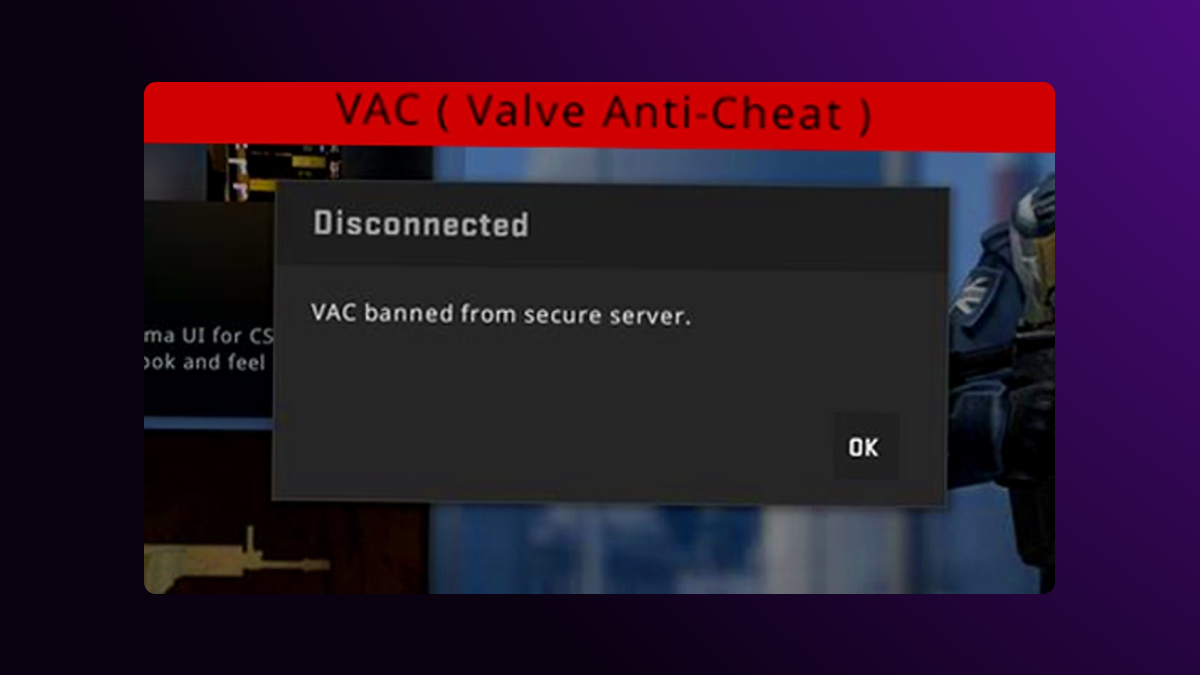Digital Insights
Your go-to source for the latest in technology and gadget reviews.
Cheating Prevails: How CSGO's Anti-Cheat Battles the Dark Side of Gaming
Discover how CSGO's anti-cheat system fights back against the rise of cheating in gaming. Uncover the battle for fair play!
The Evolution of Anti-Cheat Technologies in CSGO: A Historical Perspective
The evolution of anti-cheat technologies in CSGO has been a crucial aspect of maintaining fair play in the competitive gaming landscape. Since its release in 2012, Counter-Strike: Global Offensive has faced significant challenges from cheaters and hackers looking to exploit the game's mechanics. Initially, the game's developers relied on basic methods to detect cheating, including manual reviews and community reports. However, as the abilities of cheaters evolved, so did the necessity for advanced solutions. The introduction of Valve Anti-Cheat (VAC) in 2002 laid the groundwork for more sophisticated detection methods, using algorithmic analysis to identify known cheats and preventing offending accounts from competing online.
As time progressed, the anti-cheat technologies in CSGO continued to advance, reflecting ongoing developments in both cheating tools and online gameplay. The implementation of Overwatch, a player-driven review system, allowed community members to evaluate and penalize suspected cheaters based on recorded gameplay. This not only provided a layer of oversight but also fostered a sense of community responsibility. In recent years, the focus has shifted towards utilizing machine learning and artificial intelligence, enhancing the ability to detect subtle patterns of cheating that were previously undetected. Through the continuous iteration of these technologies, CSGO remains vigilant against the evolving landscape of online cheating, reinforcing its commitment to fairness in competitive play.

Counter-Strike is a popular tactical first-person shooter series known for its competitive gameplay and team-based mechanics. One of the unique gaming modes that players enjoy is surf, where players navigate custom maps using unique movement techniques to enhance their skills.
How Effective is CSGO's Anti-Cheat System Against Modern Cheating Techniques?
The effectiveness of CSGO's anti-cheat system has come under scrutiny as cheating techniques continue to evolve. Modern cheats can range from aimbots to wallhacks, making it essential for anti-cheat systems to adapt accordingly. While CSGO employs a combination of server-side and client-side detection methods, many players have questioned whether these systems can keep pace with the advancements in cheating technology. Continuous updates and community feedback have led to improvements, but the cat-and-mouse game between developers and cheaters remains a persistent challenge.
Players often report encountering cheaters in their matches, raising concerns about the overall integrity of the game. However, CSGO's anti-cheat measures have seen significant success in banning malicious accounts. Statistics show that thousands of accounts are banned daily, illustrating a commitment to maintaining a fair gaming environment. Despite these efforts, the ever-changing tactics employed by cheaters mean that the fight against cheating is ongoing and requires constant vigilance from both the developers and the community.
What Are the Consequences of Cheating in CSGO and How Are They Enforced?
Cheating in Counter-Strike: Global Offensive (CSGO) can lead to severe consequences that affect not only the individual player but also the overall integrity of the game. One of the primary repercussions is the permanent ban from matchmaking or esports tournaments. Players caught cheating may find their accounts suspended or permanently banned from platforms like Steam. This means losing not just the ability to play ranked matches, but also any invested time, skins, and achievements. Cheating undermines fair competition, leading to frustration among the community and diminishing the gaming experience for honest players.
Enforcement of anti-cheat measures in CSGO involves a combination of automated systems and manual reviews. Valve, the game developer, employs the VAC (Valve Anti-Cheat) system, which detects known cheats and bans players accordingly. These penalties can escalate from temporary bans to permanent account suspensions, depending on the severity and frequency of the offenses. Additionally, players can report suspected cheaters, prompting the Overwatch system—where fellow players review reported cases. This multi-faceted approach aims to maintain a level playing field and deter cheating by ensuring that penalties are enforced swiftly and effectively.